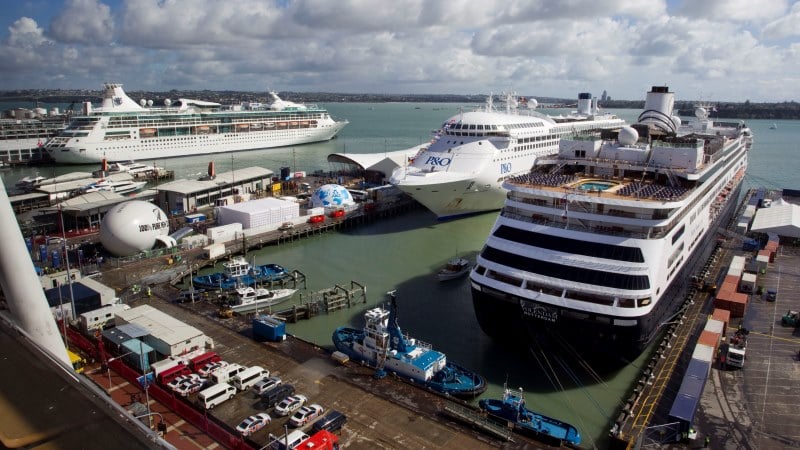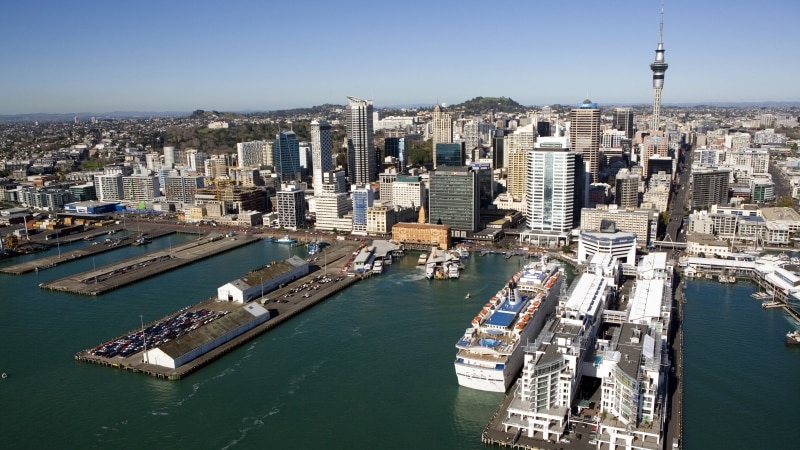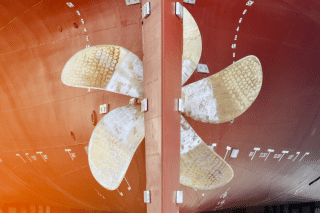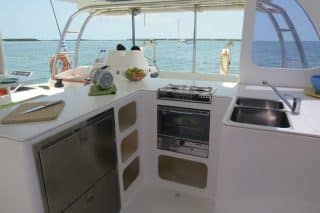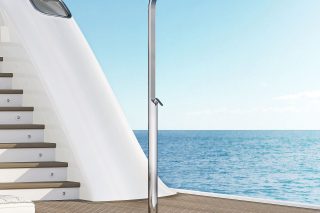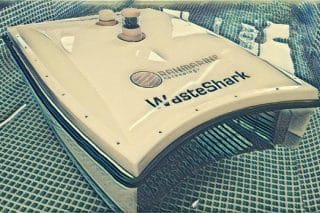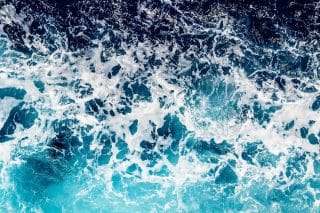The first country in the world to introduce a nationwide standard for biofouling, New Zealand now demands that all commercial and recreational vessels must comply with strict new rules before they enter the country’s waters.
Issued by the Ministry for Primary Industries (MPI), the rules came into force in mid-May 2018, the culmination of four years of study and consultation. MPI’s biosecurity and environment manager Paul Hallett commented: “Biofouling presents a major biosecurity risk to New Zealand. The new standard aims to reduce this risk and protect our unique marine environment and our aquaculture industries by ensuring vessels arrive with a clean hull.”
A guidance document to help vessel operators understand and comply with the new rules is available from MPI, along with guidance for developing customized Craft Risk Management Plans (CRMP). “We expect vessels with unique operating profiles, such as cruise ships and fishing vessels, to develop a more tailored compliance plan using the CRMP,” Hallett noted. He added:
We’ll be looking for evidence of continual maintenance, cleaning, or treatment to verify that vessels comply with the new rules.
NauticExpo e-magazine asked New Zealand’s biggest port, Auckland, how this would work in practice. Spokesman Matt Ball stated: “The new regulations mean that overseas vessels entering NZ are required to provide documentation to MPI demonstrating when their hulls were last cleaned.
If on inspection MPI determines that the growths are significant, then the vessel will be refused entry and required to leave until such time as its hull is clean.
ROV Biosecurity Monitoring
“MPI’s focus is on verification of documentation and inspection of hulls—and it could spurn a new support industry here in Auckland.”
“Ports of Auckland Limited (POAL) has had discussions with a company that has developed diver-free hull cleaning and we are also in discussion with companies and research institutes that are keen to develop ROV biosecurity monitoring for ships’ hulls and stationary infrastructure. Nothing is in place yet, but on the back of the new requirements these are potential services that could be developed and offered to shipping lines.” Read a previous article about this.
“It’s also worth noting,” Ball concluded, “that in a related biosecurity issue, POAL has just been approved by MPI to offer ballast water sediment receival and disposal services to vessels. This was a requirement from Maritime New Zealand as part of NZ’s support of IMO directives on ballast water. We have contractors in place that can handle both solid (dry sediments) and wet sediments (ballast water containing high concentrations of sediments).”

